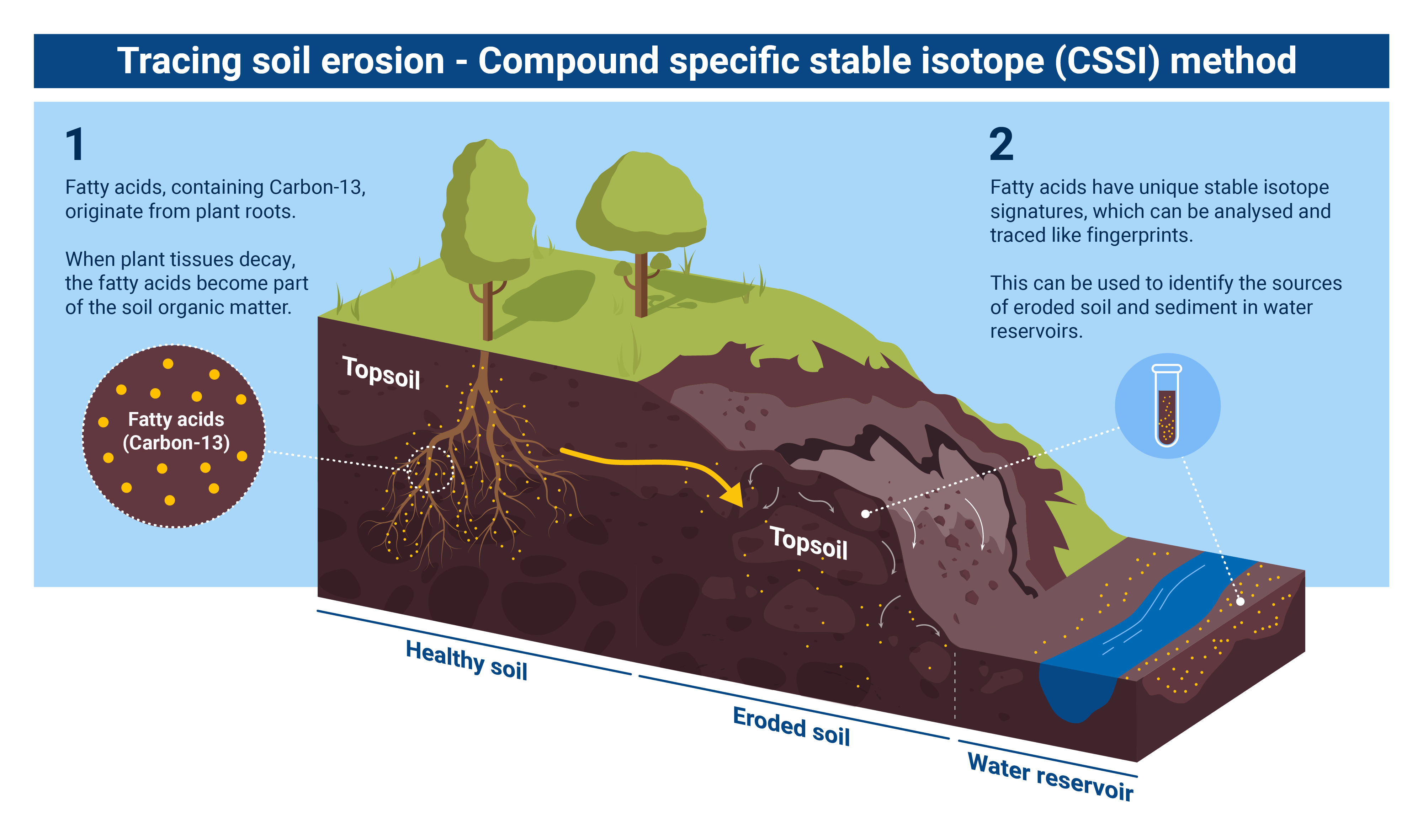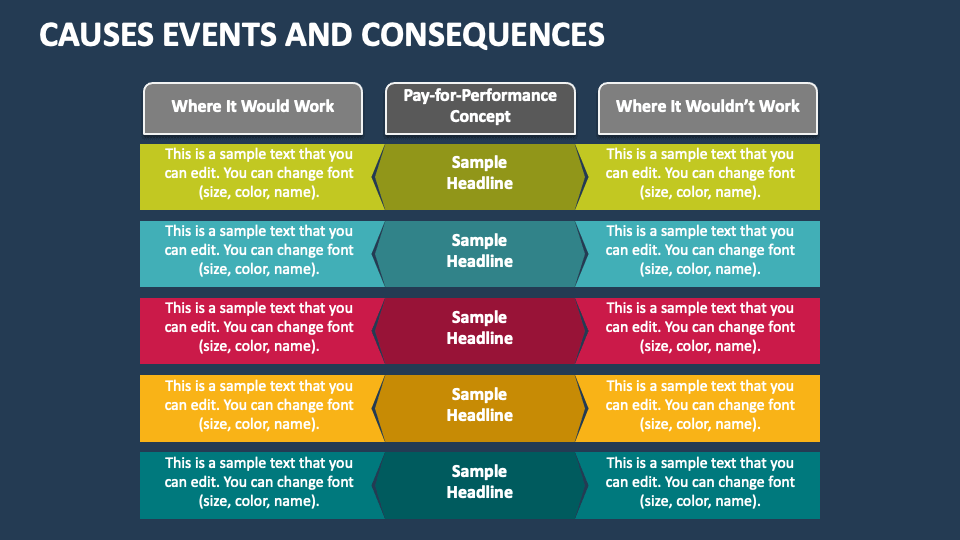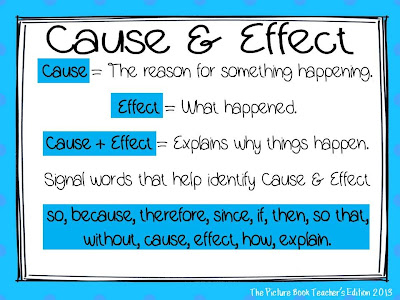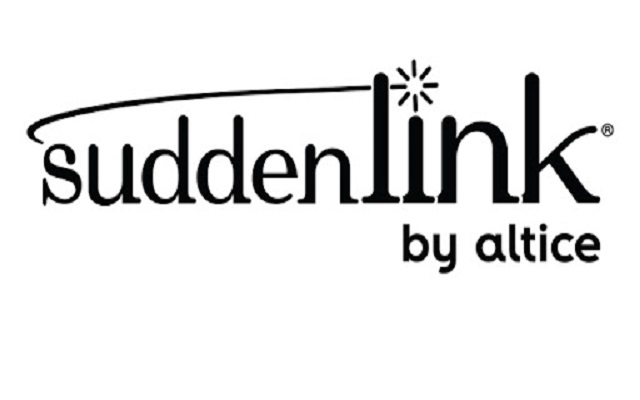A dead link is a broken link on a web page, blog article, etc. on the internet.
Many people have probably experienced clicking on
a link
but not being able to access the destination. Because the link is broken, it is no longer accessible.
Dead links can have a negative impact on the media and websites you operate, so you need to be extremely careful.
In this article, we will explain what dead links are, how they affect
SEO
, and how to check them. If you are involved in media management, etc., we recommend reading this article to deepen your understanding.
What is a dead link?
A dead link is a broken link on a web page, blog article, etc. on the internet.

About broken links
Dead links are one of the most troublesome problems when running a website. If the link is broken, users may not be able to access the intended content and may end up leaving the site.
Broken links can have a big impact on your website’s reputation. If there are pages with broken links when
search engine
crawlers come around, your ranking may drop. For these reasons, it is necessary to periodically check the website when operating it.

“404 Not Found” is displayed
When a dead link occurs, the destination web page does not exist, so an error message such as “404 Not Found” is displayed in the browser. This error message indicates that the page cannot be displayed.
Dead links can lower a website’s credibility and reputation. Correcting dead links is an important task as it can be very inconvenient for visitors and search engines.

Websites prone to dead links
Websites that are prone to dead links may have the following characteristics:

Not regularly operated or maintained
Websites that are not regularly operated and maintained tend to have dead links.
If it’s an internal link, it’s easy to notice a broken link, but with external links, it’s often not noticed because it depends on the status of the external website. Therefore, in the case of websites that are operated and maintained irregularly, regular checks are not carried out, and broken links may be left alone.

Management personnel change easily
Websites where the person in charge of management changes easily are also more likely to have dead links. When the person in charge of website management changes, there are many cases where information about the link status of each web page is not shared.
Additionally, even after the person in charge changes, the priority is to maintain and improve the web page, and links tend to be put on the back burner. For this reason, broken links often go unnoticed on websites where the person in charge of management is easily changeable.
In order to reduce dead links as much as possible on a website where the person in charge of management is easily changeable, it is necessary to take measures such as creating a management sheet that summarizes the link status and handing it over.

Causes of dead links
Possible causes of dead links include:

The destination web page does not exist
The most common cause is that the destination web page no longer exists. If the website operator deletes or moves the page, it will no longer exist.
There are also cases where the destination website is closed or
the address
has changed. In such cases, visitors will not be able to view the web page.
Incorrect link due to misspelling
Another cause of dead links is misspelled links. Since the incorrect transition destination is posted, the visitor cannot reach the transition destination they originally wanted to visit.
There are many possible causes, such as deleting or moving a web page, changing the URL, or making a spelling mistake. Website operators need to understand these causes and take measures to correct them.
Dead links are also inconvenient for visitors and search engines, and fixing them is an important task for website operators as well.

Impact of dead links
What is the impact of dead links? Below, we’ll take a closer look at the effects of dead links.
No direct impact on SEO
Dead links themselves are not thought to have a direct impact on SEO measures. Search engines such as Google do not penalize websites with dead links. However, if there are a large number of them, the reliability of the website may be reduced, so it is thought that it may have an impact.
May have a negative impact on usability
When a dead link occurs, a web page may unexpectedly stop displaying when a visitor follows a link within the website. Visitors may be unable to proceed and leave your website. This reduces website usability and reduces the visitor experience.
Decreased usability indirectly impacts SEO
When usability deteriorates, visitors are more likely to leave your website. As a result, the time spent on a website is shortened, and search engines judge that the quality of the website is low.
As a result, your search rankings may be lowered. Also, search engines may also think your website is of low quality due to the high rebound rate when visitors leave your website.

Measures against dead links
To avoid dead links, the following measures are effective.
Check if the destination web page exists
The main cause of dead links is when a page is deleted or the URL is changed. Therefore, before posting a link, be sure to check whether the destination web page exists. It is also a good idea to check the link every time you post it.
Set up a redirect
Even if the destination web page has been deleted or the URL has changed, redirecting allows visitors to access the correct web page.
Redirect is a mechanism that automatically forwards the URL when a website or web page is changed to a new URL. This method is also used when you renew your website and want to direct users to a new
domain
, or when you want to direct users to different URLs between a PC website and a smartphone website.
Redirects eliminate the risk of lowering user satisfaction and reduce the risk of dead links.

How to check for dead links
Dead links on your website can be very inconvenient for your visitors. Therefore, it is important to check regularly and correct it as early as possible.
You can easily check it with Google Search Console
Google Search Console is a tool provided by Google that has many features that can help you optimize your website for search engines. Among them, there is a function to check for dead links, which is very easy to do.
Log in to Google Search Console and click “Crawl” → “Crawl Errors” from the left menu to display a list of dead links. Please check this and make corrections if necessary.
Dead link checker is a simple tool
Manually checking dead links can be time-consuming, but if you use the free “Dead Link Checker”, you can simply enter the URL of your website and it will automatically check it for you. If there is a broken link, the URL of the page will be displayed in the check results, making it easy to understand how to fix it.
Broken Link Checker for WordPress
If you are using WordPress, you can easily check this using
a plugin
called “Broken Link Checker”.
Broken Link Checker is a plugin that runs on the WordPress admin screen and automatically checks all links on your website and detects broken links. It also has a feature that allows you to easily fix broken links if they occur.

summary
This time, we explained an overview of dead links, their impact on SEO measures, and how to check them.
Although dead links do not directly affect SEO, they can negatively impact website usability and indirectly affect SEO. In order to avoid dead links, it is important to take measures such as using tools that check for broken links.
There are several ways to check:
By taking appropriate measures when designing and maintaining your website, you can provide a comfortable user environment for your visitors. Improve visitor satisfaction and improve the quality of your website.

